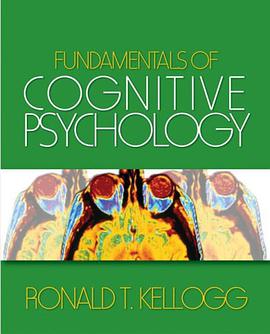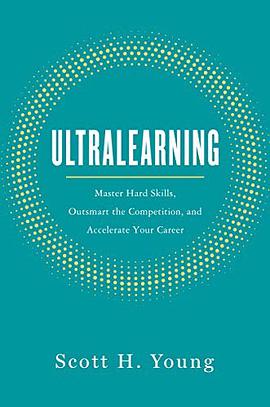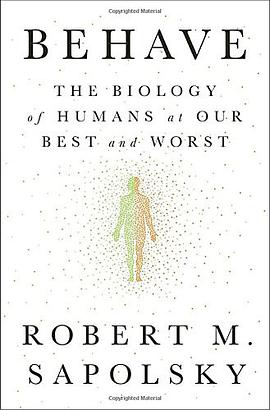Fundamentals of Cognitive Psychology 豆瓣
作者:
Dr. Ronald T. Kellogg
Sage Publications, Inc
2007
- 3
By focusing on the fundamentals, highlighting the contributions of neuroscience, and underscoring the practical side of the field, the author provides students with an affordable text that is contemporary and accessible. Key features include: - A focus on the 'essentials' avoids bogging down students in tangential or esoteric asides or in topics more suitable for discussion in advanced follow up courses. - Integrated coverage of neuroscience highlights how understanding of all aspects of cognitive psychology is rapidly being enhanced by better understanding of biological substrates. This is further supported by use of a four-colour insert on brain imaging technology. - Applications are integrated, not boxed, to draw in students with interesting and practical implications of cognitive research in areas such as reliability of eyewitness memory, creativity, or improving learning and decision making skills. - Margin notes highlight and summarize key concepts, thus helping students in previewing and reviewing each chapter.- Key terms are highlighted with boldface and defined in context when first introduced, listed at the end of each chapter, and collected in a glossary at the end of the book to assist students in mastering the vocabulary of the field. - Chapter-concluding summaries help students effectively integrate the material. - Students are guided to web sites, including ones that provide opportunities for hands-on mini-experiments for interactive learning. - An Intructor's Resource CD provides materials for PowerPoint presentations, suggestions for further reading and web resources, and test questions.


